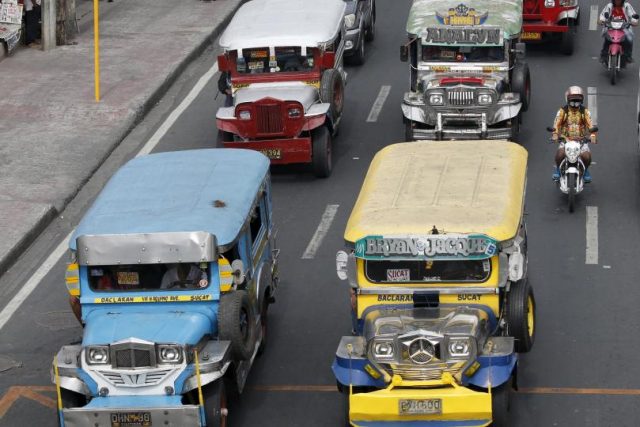
MANILA – The Land Transportation Franchising and Regulatory Board (LTFRB) has received petitions for fare increases from several transport groups, but said the earliest it can hand down a decision is March.
Commenting on fare hike petitions separately filed by jeepney and taxi groups as well as Transport Network Vehicles Service firms, LTFRB board member Atty. Aileen Lizada explained that consultations need to be held with stakeholders and those to be impacted by the fare hikes. The petitioners all invoke the inflationary impact of the TRAIN law, the tax reform package that imposes higher fuel excise taxes.
In this case, Lizada noted that unlike previous fare hike bids that were simply anchored on rising oil prices in the market, this batch of petitions all invoke the impact of the tax law.
Lizada said the commuters, for one, must first be consulted through the Office of the Solicitor General. The National Economic and Development Authority (NEDA) will also have to be consulted, as government economists have calculated that the inflationary impact of excise taxes will be compensated for by the bigger take-home pay of workers as a result of the income tax rate cuts also in TRAIN.
So far, LTFRB has received fare-hike petitions from the transport network company GRAB Philippines, as well as the Philippine National Taxi Operators Association.
The jeepney operators’ groups earlier filed petitions, but advised regulators they will have to amend these.
Meanwhile, LTFRB warned everyone against unilaterally increasing fares, saying any change in rates charged must be cleared by LTFRB, which will not hesitate to impose fines on, or cancel or suspend franchises, of those imposing unsanctioned fare adjustments.
Lizada reminded transport groups that any fare hike bid must be accompanied by better services.
“While we are a regulatory body, we see the commercial side of it. We need to protect the riders. However, the business has to be viable and sustainable, in this case on the part of the TNCs and the TNVS,” said Lizada.
She said regulators have “to find that fine balance, which is acceptable to the riding public, one [decision] that we are able to defend, but also sustainable on the part of the TNCs to do business here,”while also ensuring that workers and commuters have a “decent take home pay.”









